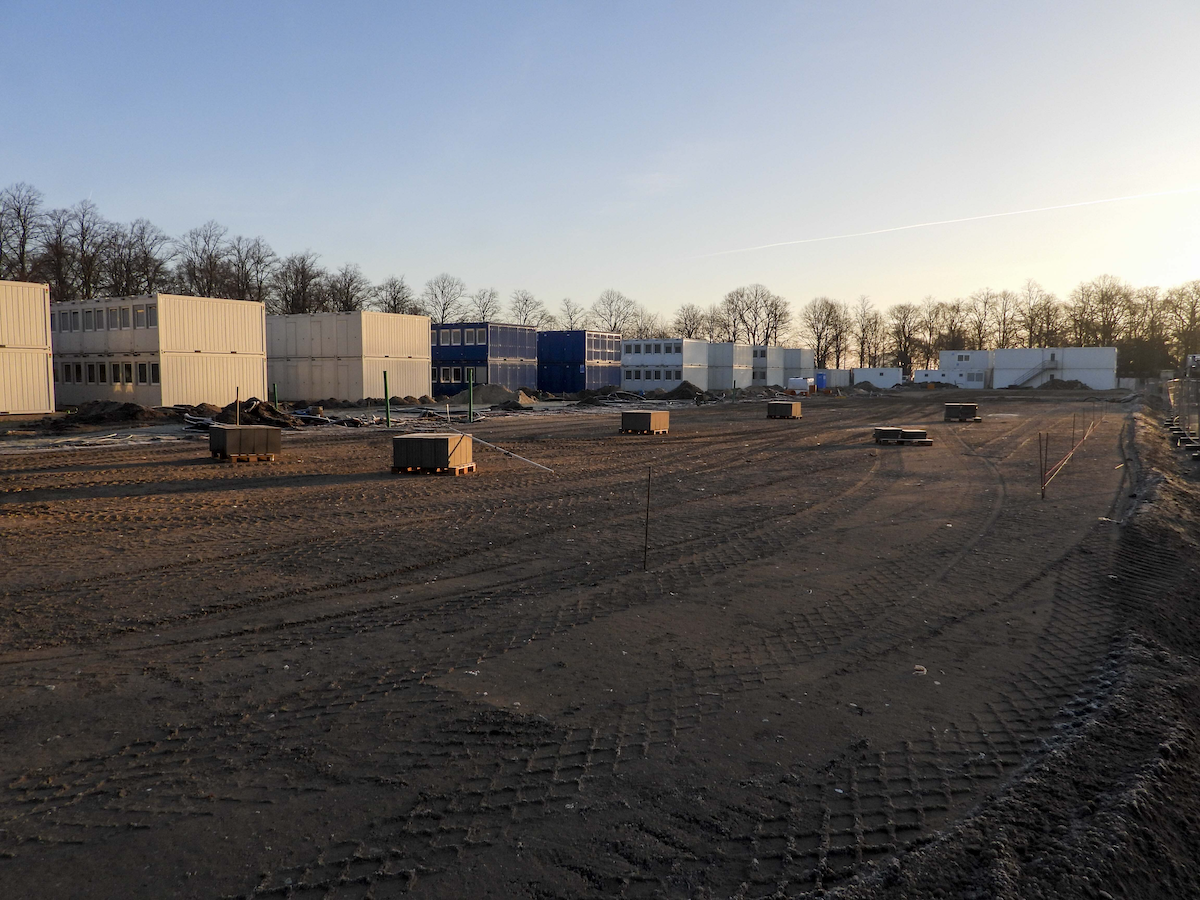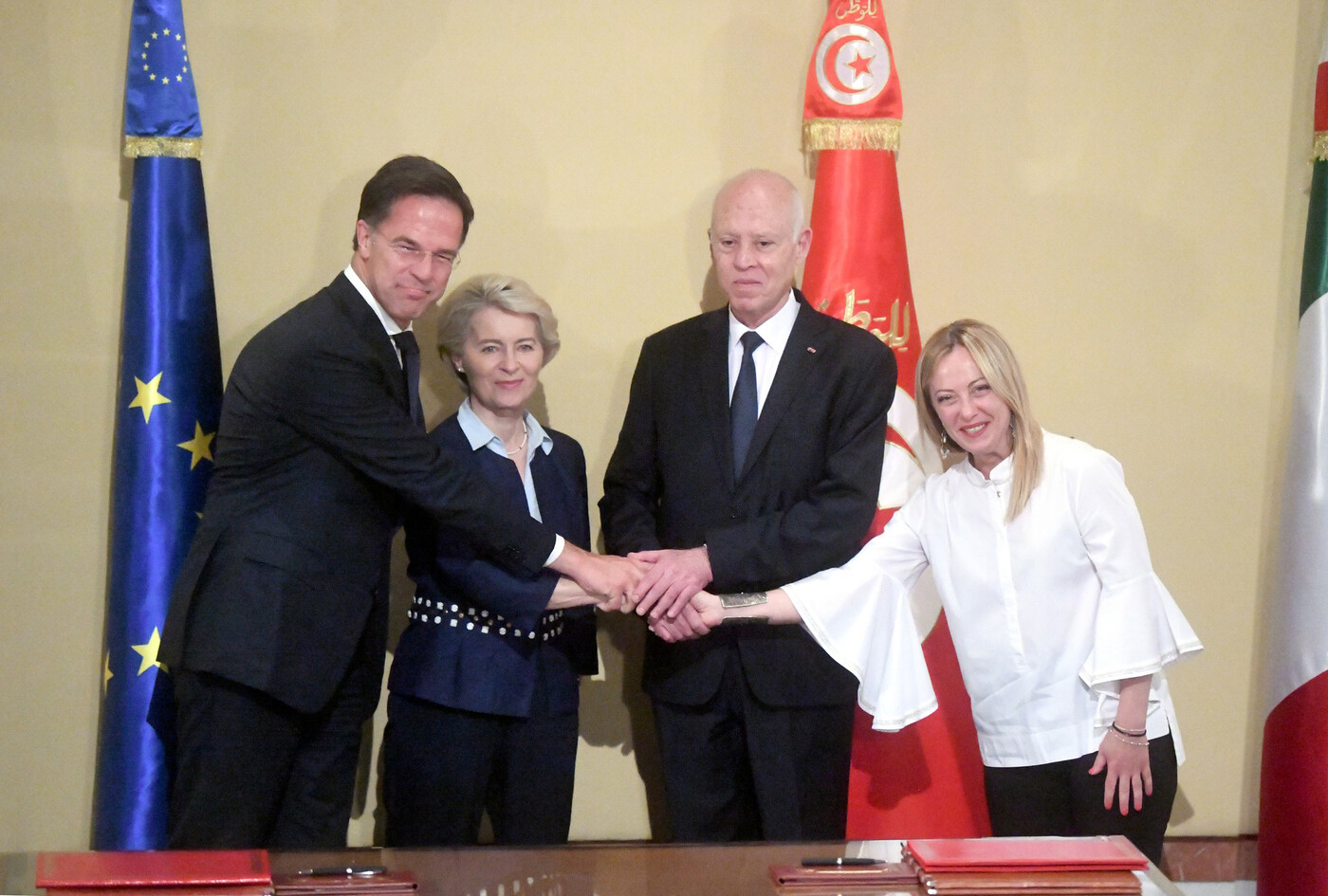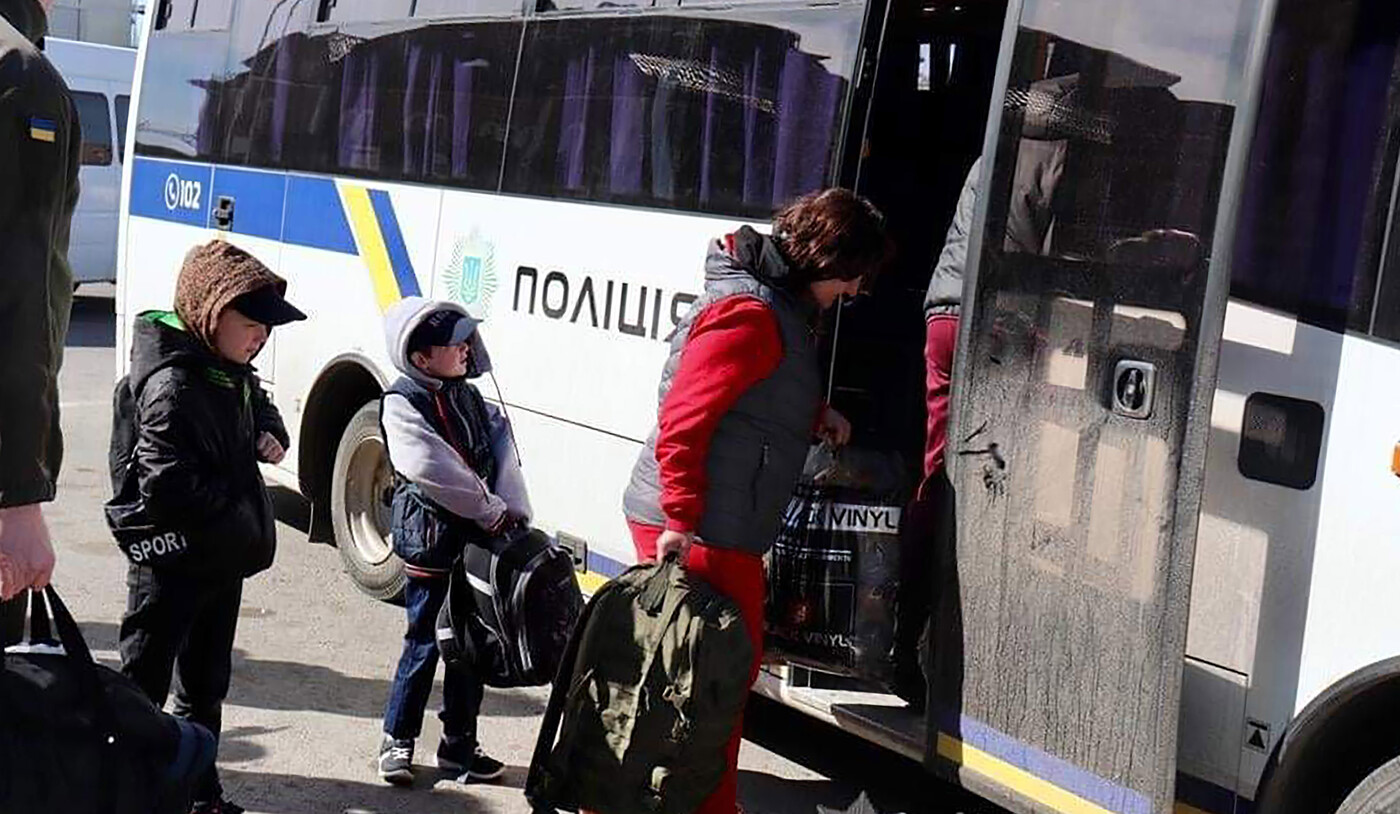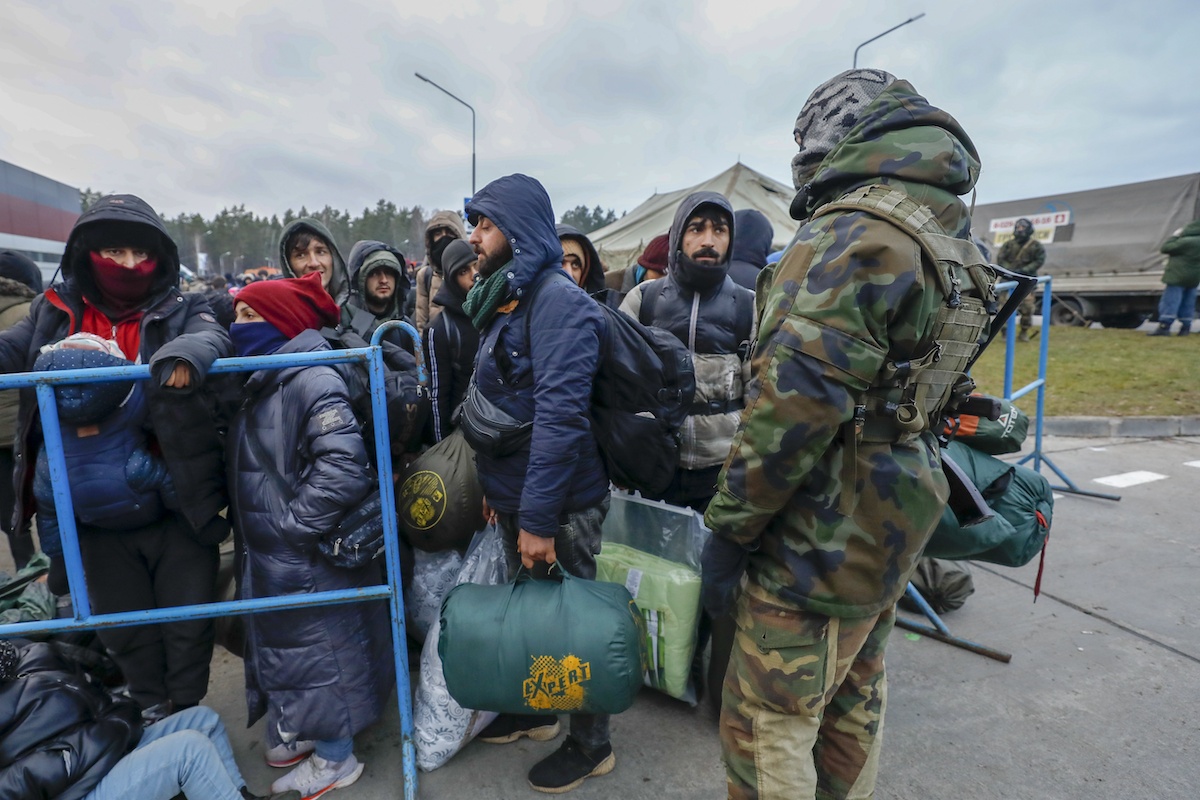For months, many municipalities in Germany have been reporting that the reception system for refugees is overstrained. The focus is mostly on individual cases. The debate lacks a data basis. In order to close this gap, the Migration Policy Research Group at the University of Hildesheim and the Integration Media Service, coordinated by Boris Kühn, conducted a nationwide online survey of German municipalities and districts. More than 600 municipalities responded to the survey in full.
The key findings:
-
Almost 60 percent of the municipalities surveyed describe the situation as "challenging, but (still) manageable"; 40 percent, on the other hand, report being "overstrained" or see themselves "in emergency mode".
-
Around 45% of local authorities are currently using emergency accommodation, mainly containers. Sports halls, on the other hand, are very rarely occupied (in 6 percent of municipalities).
-
The following measures in particular are cited as helpful in coping with the situation: limiting immigration, better funding and support, less red-tape in the building industry and in the acquisition of accommodations for refugees.
You can find the complete evaluation of the survey here (German) >>> LINK
How many municipalities are overstrained?
It is not surprising that a majority of municipalities see the situation as tense. The number of refugees they have to accommodate has been rising for two years. Ukrainian refugees also play a decisive role in this. Although between two thirds and three quarters of them have been accommodated privately, there are still around 300,000 people for whom the municipalities have had to provide accommodation since 2022.
The assessments differed depending on the size of the municipality – but not very much:
-
Around 30 percent of large cities see themselves as "overstrained, in emergency mode".
-
There are no differences between small towns (up to 20,000 inhabitants) and medium-sized cities (up to 100,000 inhabitants): around 37% of both consider their own municipality to be "overstrained".
-
The proportion of respondents who speak of "overstraining" is slightly higher in small municipalities with fewer than 5,000 inhabitants and in rural districts: around 44% in each case.
How do local authorities accommodate refugees?
Given the media and political debate, it is somewhat surprising that more than half of municipalities (55%) are not (yet) using emergency accommodation. The emergency accommodation that municipalities do use is mainly containers. Sports halls, on the other hand, are only used in 6 percent of all municipalities.
Overall, containers and other emergency accommodation are used much less frequently in smaller towns and municipalities than in larger cities or by rural districts.
In which other areas is there an "overload"?
The authors of the survey also recorded which areas are perceived as overburdened with regard to the reception and integration of refugees.
In addition to accommodation and – related to this – the general situation on the housing market, daycare centers and administration were mentioned most frequently. Around a third of the municipalities that responded see these areas as "overburdened, in emergency mode". Schools, language courses, advisory services and "integration/inclusion" were mentioned less frequently.
When asked what would help their own municipality to cope with accommodation, respondents pointed to four aspects in particular:
-
A containment of immigration to Germany and therefore fewer (or no) allocations to local authorities.
-
Better funding for municipal refugee reception – with varying focuses: partly on higher payments, partly on permanent funding.
-
Support for accommodation and the provision of housing for refugees; in particular, simplification of legal regulations, greater responsibility of the federal and state governments for accommodation, but also support for social housing.
By Narges Bartetzko, Ivie Ojo, Carsten Wolf and Fabio Ghelli



